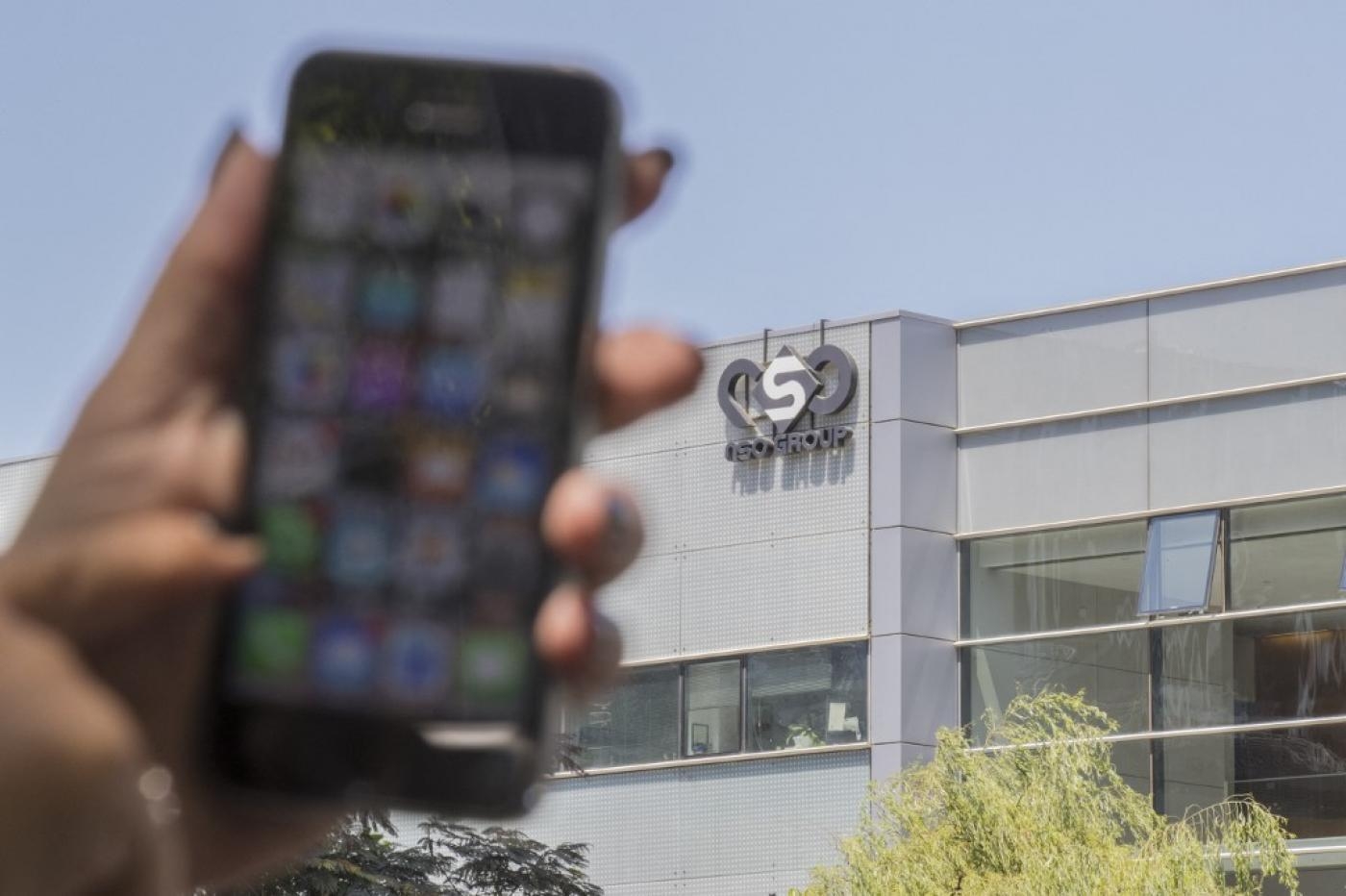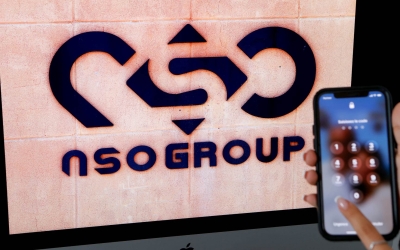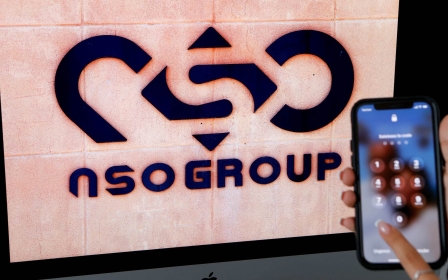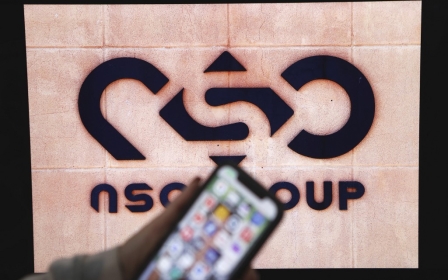Israeli officials pressure Biden to remove Pegasus spyware from US blacklist: Report

Israeli officials are pressuring the Biden administration to remove the cyber spying company NSO Group from a US blacklist, months after the Commerce Department said its activities run contrary to US foreign policy and national security interests.
On Wednesday, the Axios news agency quoted two Israeli officials and a US one as saying that the White House was considering the request, while another American official denied this.
Last year, NSO was placed on a blacklist by the US Commerce Department, barring it from American technologies crucial to maintaining its operations.
The Commerce Department said its decision was based on evidence that the NSO group and Candiru, another Israeli spyware company, developed and supplied spyware to foreign governments who in turn used it "to maliciously target government officials, journalists, business people, activists, academics, and embassy workers".
According to Axios, after NSO was sanctioned, there was a debate inside the Israeli government on whether it should lobby the Biden administration on behalf of the company.
New MEE newsletter: Jerusalem Dispatch
Sign up to get the latest insights and analysis on Israel-Palestine, alongside Turkey Unpacked and other MEE newsletters
"We told the US that they can't destroy NSO and that several bad clients doesn’t mean the company’s products and capabilities are no longer needed," a senior Israeli official told Axios.
The Israeli government also told the White House that it should have stated clearly in advance what needed to be fixed before sanctioning NSO, and given the company an opportunity to make the changes.
NSO is at the heart of a global hacking scandal, as researchers say its Pegasus software has been used by a number of governments around the world to target political dissidents, journalists and activists.
Middle East Eye's Turkey bureau chief, Ragip Soylu, was revealed to have had his phone hacked by the spyware.
The spyware had also been used to target world leaders, with French President Emmanual Macron's phone having been compromised.
Once deployed, a user of Pegasus spyware can take complete control of a person’s phone - accessing messages, intercepting phone calls and using the phone as a remote listening device.
Earlier this week, the US Supreme Court said it wants the Biden administration to weigh in on whether the NSO group has sovereign foreign immunity from civil litigation in the US.
WhatsApp - owned by Meta (formerly Facebook) - is suing NSO Group over the alleged targeting of its servers in California with malware to gain unauthorised access to approximately 1,400 mobile devices in violation of US state and federal law.
In its original legal complaint filed in 2019, WhatsApp accused the Israeli firm of breaching its terms of service and undermining the messaging platform's "reputation, public trust and goodwill".
Last year, the Ninth Circuit Court of Appeals affirmed a lower court's decision to allow WhatsApp's lawsuit to proceed, stressing that NSO Group does not qualify for sovereign immunity, even if its clients are foreign government agencies.
Middle East Eye delivers independent and unrivalled coverage and analysis of the Middle East, North Africa and beyond. To learn more about republishing this content and the associated fees, please fill out this form. More about MEE can be found here.





